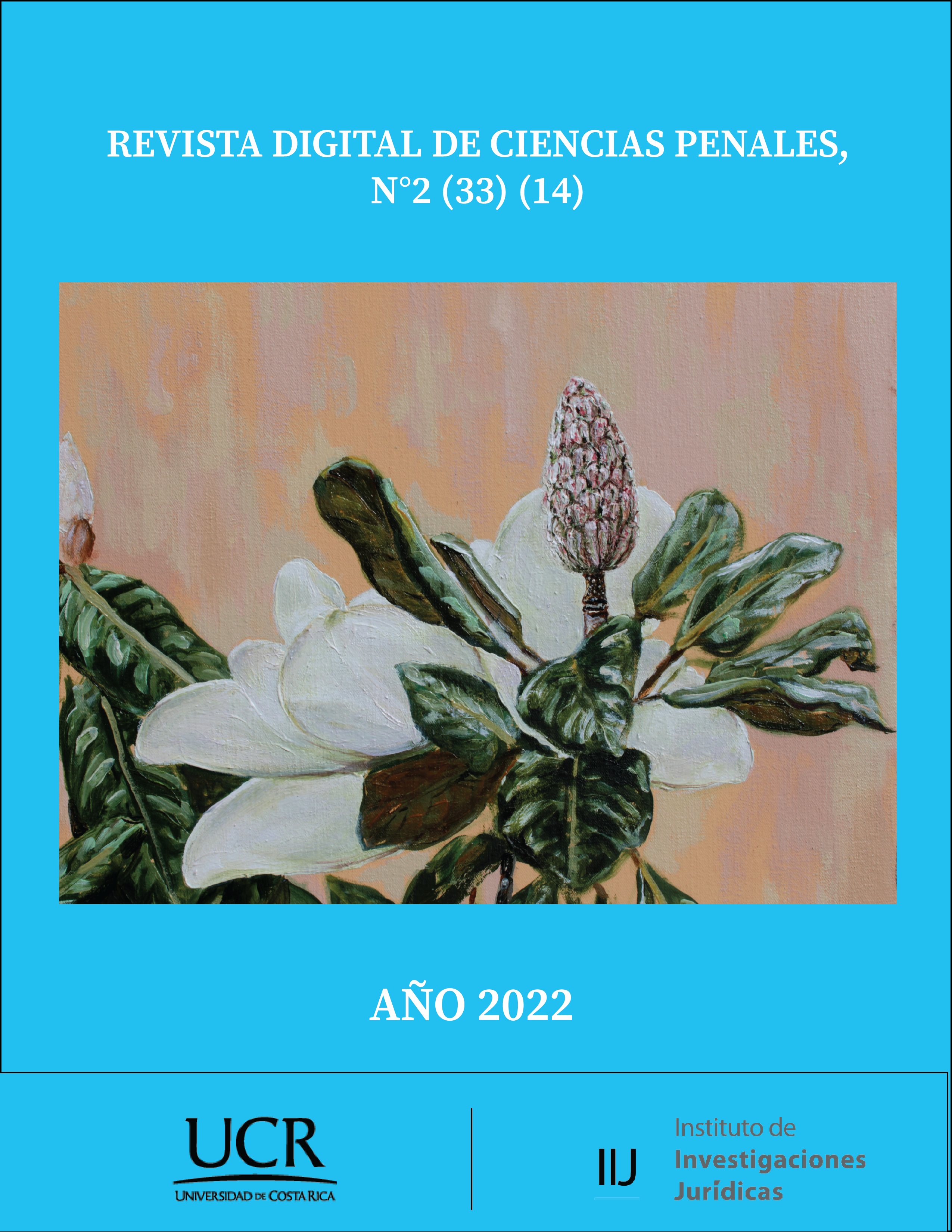Abstract
This research presents a critical reflection that aims to awaken in the reader, a new notion of guilt based on neuroscience and its contributions to legal science. It is analyzed, the legal framework, the criteria of free will, its scope and the current approach and the new developments in other countries, which have ratified judgments regarding the scientific evidence and the extension of its use, in the jurisprudence of the comparative law. In addition, the brain of psychopaths and violent people was analyzed, to try to present the transversal axes, around the anomalies that criminals present, to be able to demonstrate, the scope of neuroscience and how this knowledge represents a point of inflection that encourages a debate on a new form to reproach with a more human and comprehensive view of the environment of the accused. We developed a qualitative design to show cases around the compared law, presenting explanations of the psychopathy condition and violence, in criminal cases and the evidence for the diagnosis of psychopathy. The analysis of the information supports the medical diagnosis, and the repercussions in the judicial verdict regarding the legal responsibility. We analyzed the biological explanation of psychopathy and violence compared to neurological evidence. The dilemma between the culpability, free will, and the novel knowledge of neuroscience, propose the possibility to reduce the sentence term or the effect of mitigation based on the neuroscience evidence.

